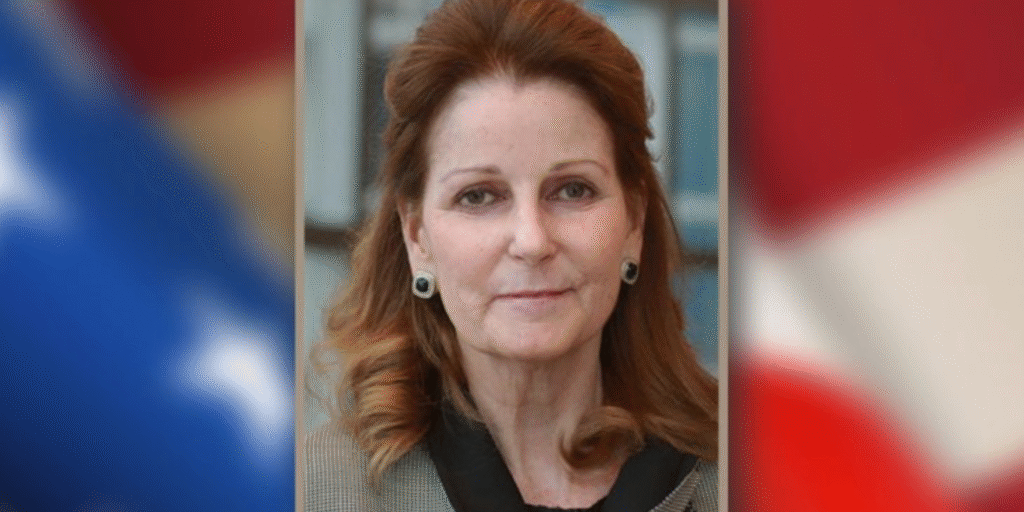

U.S. District Judge Kathleen M. Williams, appointed by President Barack Obama in 2011, is now at the center of a high-profile legal battle that could shape the future of Florida’s controversial immigration detention center, nicknamed “Alligator Alcatraz.”
U.S. District Judge Kathleen M. Williams, appointed by President Barack Obama in 2011, is now at the center of a high-profile legal battle that could shape the future of Florida’s controversial immigration detention center, nicknamed “Alligator Alcatraz.” Located within the sensitive ecosystem of the Big Cypress National Preserve in the Everglades, the facility has drawn sharp criticism from environmental advocates, civil rights groups, and Indigenous communities over both its location and reports of harsh conditions for detainees.
In August 2025, Judge Williams issued a temporary restraining order to halt further construction at the site while the court reviews the center’s compliance with environmental regulations and the legal rights of those detained. Opened just the previous month with a capacity for 3,000 detainees, the facility currently houses fewer than 1,000 individuals. Complaints from critics include unsanitary conditions, contaminated food, broken toilets, and restricted access to legal counsel.
Williams’ decision to pause construction has spotlighted larger issues surrounding the facility. Environmental groups argue that the detention center violated the National Environmental Policy Act (NEPA) by moving forward without proper environmental impact assessments. Meanwhile, civil rights lawyers claim detainees face obstacles such as lack of confidential attorney access and confusing jurisdictional rules that compromise fair legal proceedings.
As the case unfolds, Judge Williams’ rulings will be crucial in determining whether “Alligator Alcatraz” continues operating or is forced to shut down. Her decisions could also establish important legal precedents regarding how federal courts balance immigration enforcement with environmental protection and civil liberties.
The outcome holds significant implications—not only for this detention center but also for the national dialogue on immigration policy and the humane treatment of detainees.
